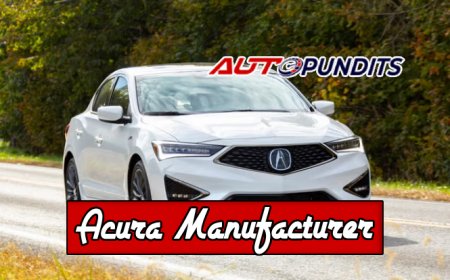Electric Cars vs Traditional Cars: An In-Depth Comparison
Delve into our comprehensive comparison between electric cars and traditional cars to make an informed decision.
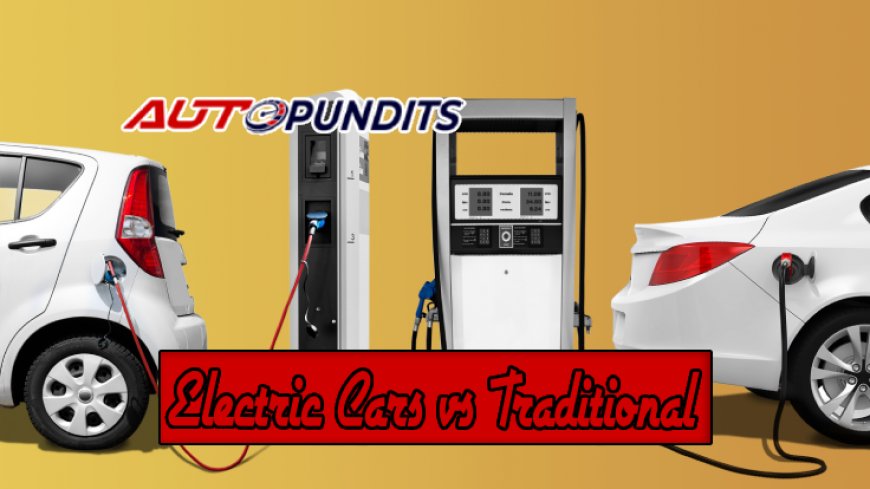
The trend of electric cars vs traditional cars isn't a new topic in the automotive world. However, as the luxury car industry continues to evolve with fresh technological innovations, it's reigniting discussions among enthusiastic pundits. This article offers an in-depth comparison between electric cars and traditional cars, helping you to make a well-considered decision.
A Comprehensive Face-off: Electric cars vs Traditional cars
The ongoing argument about the fate of conventional vehicles against electric ones has taken center stage in recent years. Let's dive right into the core areas: performance, efficiency, environmental impact, and cost.
Table of Contents
- Performance Comparison
- Assessing Efficiency
- Analyzing Environmental Impact
- Cost Perspective
- The Luxury Appeal
- Anticipating Future Trends
- The Verdict: Electric Cars vs Traditional Cars
Performance Comparison
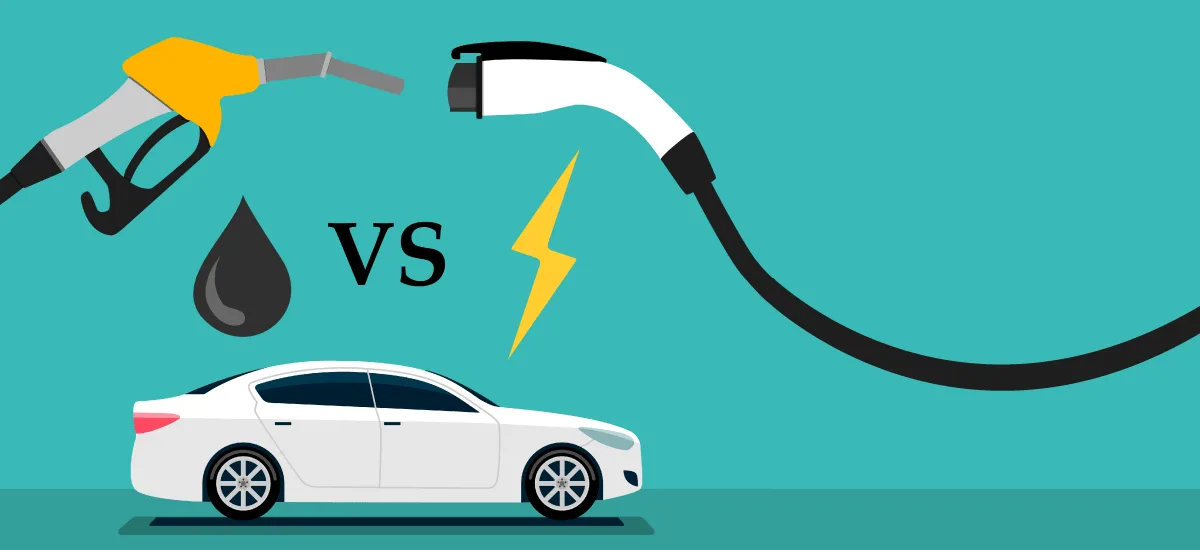
When it comes to performance, both electric and traditional cars have their unique draws. To assess them accurately, we'll consider key areas like acceleration, speed, and handling.
Electric Cars
In terms of acceleration, electric vehicles (EVs) take the lead. Thanks to the instant torque output, EVs such as the Tesla Model S are renowned for their startling acceleration capabilities. Additionally, electric cars offer regenerative braking systems that improve handling by offering better control on deceleration.
Traditional Cars
Traditional cars, on the other hand, can reach higher top speeds due to their more robust powertrains. They also provide a tactile driving feel that many car enthusiasts still crave. Traditional cars offer a more significant range, thanks to larger fuel tanks and an extensive network of refueling stations.
Assessing Efficiency
The efficiency of a car can be examined in terms of fuel consumption and overall energy output.
- Electric Cars: These operate with high energy efficiency, with most of the input energy converted directly into car motion. Plus, EVs have fewer moving parts, meaning less energy loss in friction.
- Traditional Cars: They run on internal combustion engines, which are less efficient due to energy loss in the form of heat during combustion. However, improvements in engine technology have led to gains in fuel efficiency in recent years.
Analyzing Environmental Impact
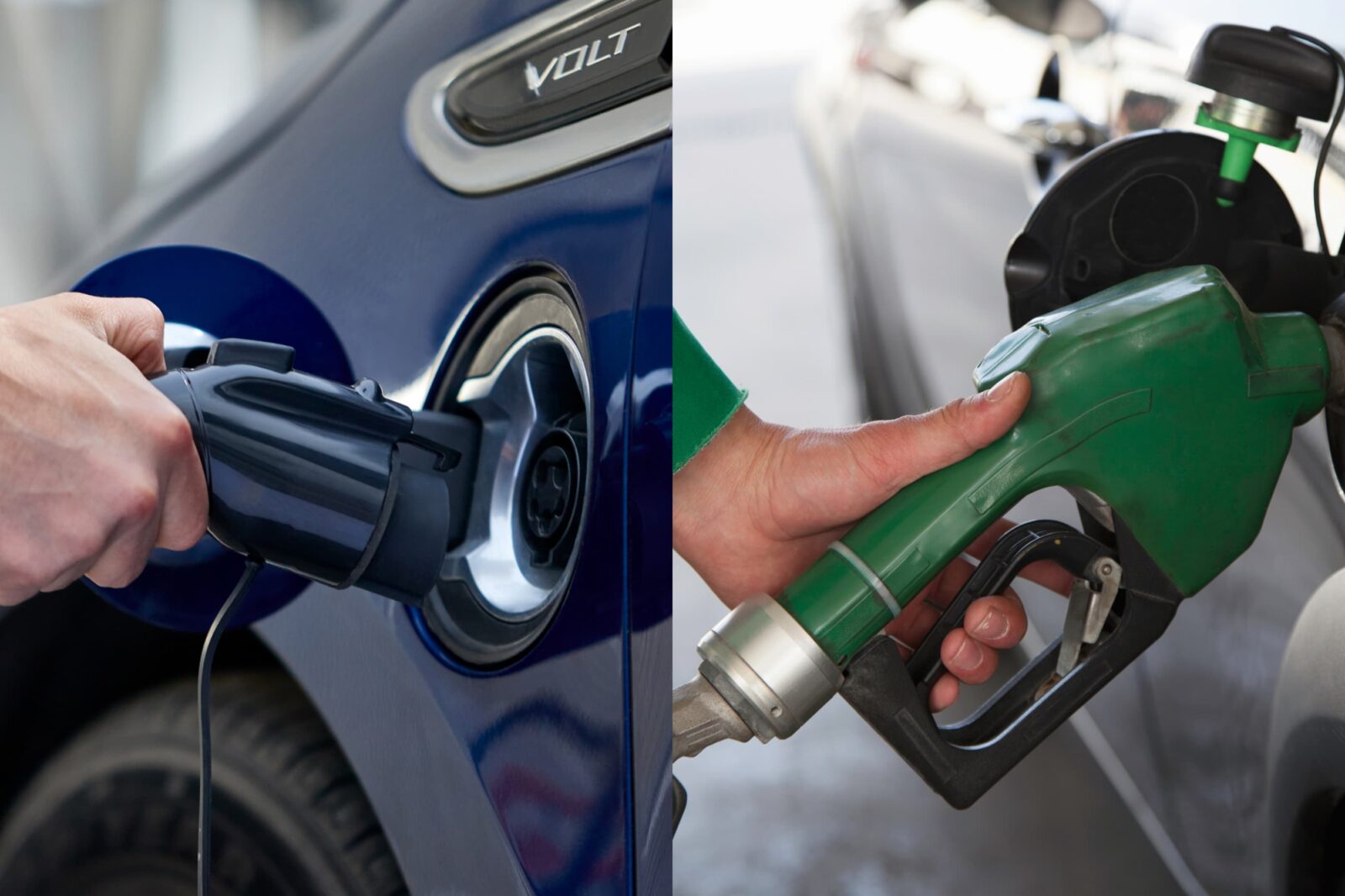
There's a growing consciousness about the environmental implications of our mobility choices. Hence, let's explore the green credentials of both car types.
Electric Cars
"Electric vehicles contribute substantially to a lower carbon footprint," says Elon Musk, CEO of Tesla Inc. While the production process might result in higher CO2 emissions than traditional cars, the operation of EVs is markedly cleaner, thanks to zero tailpipe emissions.
Traditional Cars
Traditional cars, powered by gasoline or diesel, generate significant carbon emissions which contribute to global warming. Nevertheless, car manufacturers are making strides in producing more efficient engines and cleaner fuels to reduce their environmental impact.
Cost Perspective
Understanding the cost of owning an electric vehicle vs a traditional car involves more than just looking at the sticker price. Consider factors such as maintenance cost, fuel price, and tax incentives.
- Electric Cars: Generally, EVs are more expensive upfront than their conventional counterparts. However, fuel costs are lower, and maintenance needs are minimal due to fewer moving parts. Furthermore, various governments give tax incentives to EV buyers, reducing the overall cost.
- Traditional Cars: These have lower purchase prices, but higher running costs due to fuel expenses and regular maintenance. However, they have a higher resale value than electric cars as their market is more established.
The Luxury Appeal
A quintessential dimension of our comparison is the luxury appeal. The sense of luxury is subjective and can vary based on styling, comfort, features, and brand prestige.
Electric Cars
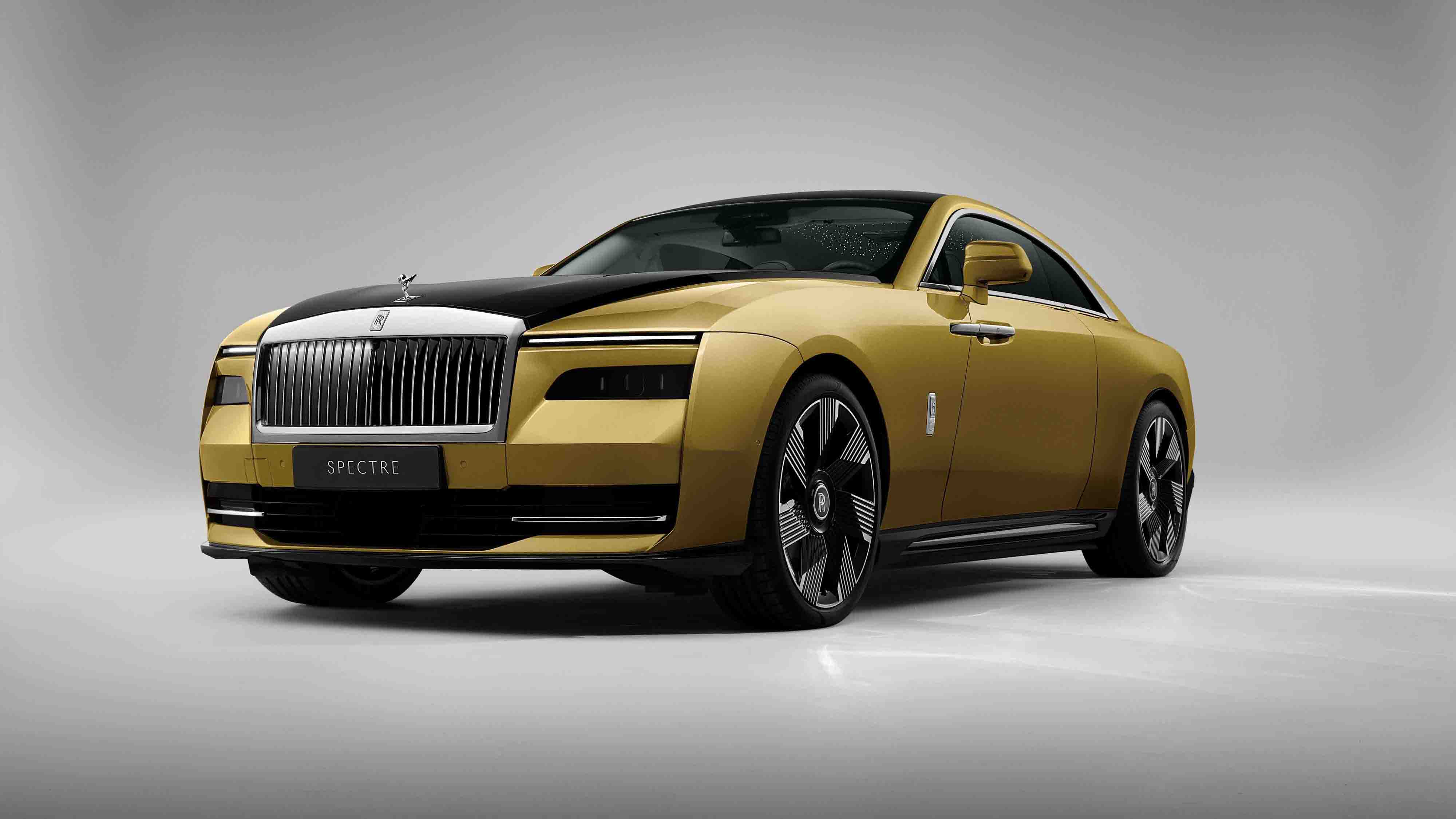
Electric cars are often synonymous with cutting-edge technology and innovation. As such, they tend to come equipped with the newest features and technologies. Tesla's autopilot system, high-end sound systems, digital instrument panels, and artistic interior design can certainly make electric vehicles stand out.
Traditional Cars

While traditional cars may lack the "futuristic" appeal of electric cars, they offer a different kind of luxury. Many car lovers attest to the sheer tactile joy of handling a powerful engine and the satisfying roar of an exhaust. Also, brands like Rolls-Royce, Mercedes-Benz, and Bentley have long histories of creating some of the world's most luxurious vehicles.
Anticipating Future Trends

As we look towards the future of the automotive sector, should we expect to see more electric cars or traditional ones?
In light of escalating environmental concerns, many car manufacturers and legislative bodies are moving towards cleaner, more sustainable technologies. This shift indicates a growing preference for electric vehicles.
However, the internal combustion engine is not going away anytime soon. Continuous technological developments are making them more efficient and less environmentally harmful. Ultimately, the choice between electric cars and traditional vehicles may depend more on personal preferences and specific use cases than on industry trends alone.
The Verdict: Electric Cars vs Traditional Cars
At the end of the day, choosing between an electric car and a traditional car largely comes down to your lifestyle, driving habits, and personal preferences.
The electric car, with its environmental friendliness, cutting-edge features, and rapidly improving range, may be the perfect choice for the forward-thinking individual. Add to that its low running costs and potential tax benefits, and you have a compelling case for EVs.
However, if you prefer higher top speeds, a wider service network, and the gratifying experience of a roaring engine, a traditional car may be more your speed. While they require more maintenance, the feel and performance are unparalleled.
Whether you're an electric devotee or a traditional car enthusiast, the most important thing is to stay informed. Remember, it's not about replacing one type with another; it's about understanding the pros and cons of both and making the best choice for your unique needs.
No matter where you stand in the electric cars vs traditional cars debate, each vehicle type has its unique pull. Remain tuned in to the evolution of these technologies, and you will be equipped to make the most rewarding decision.
What's Your Reaction?


























